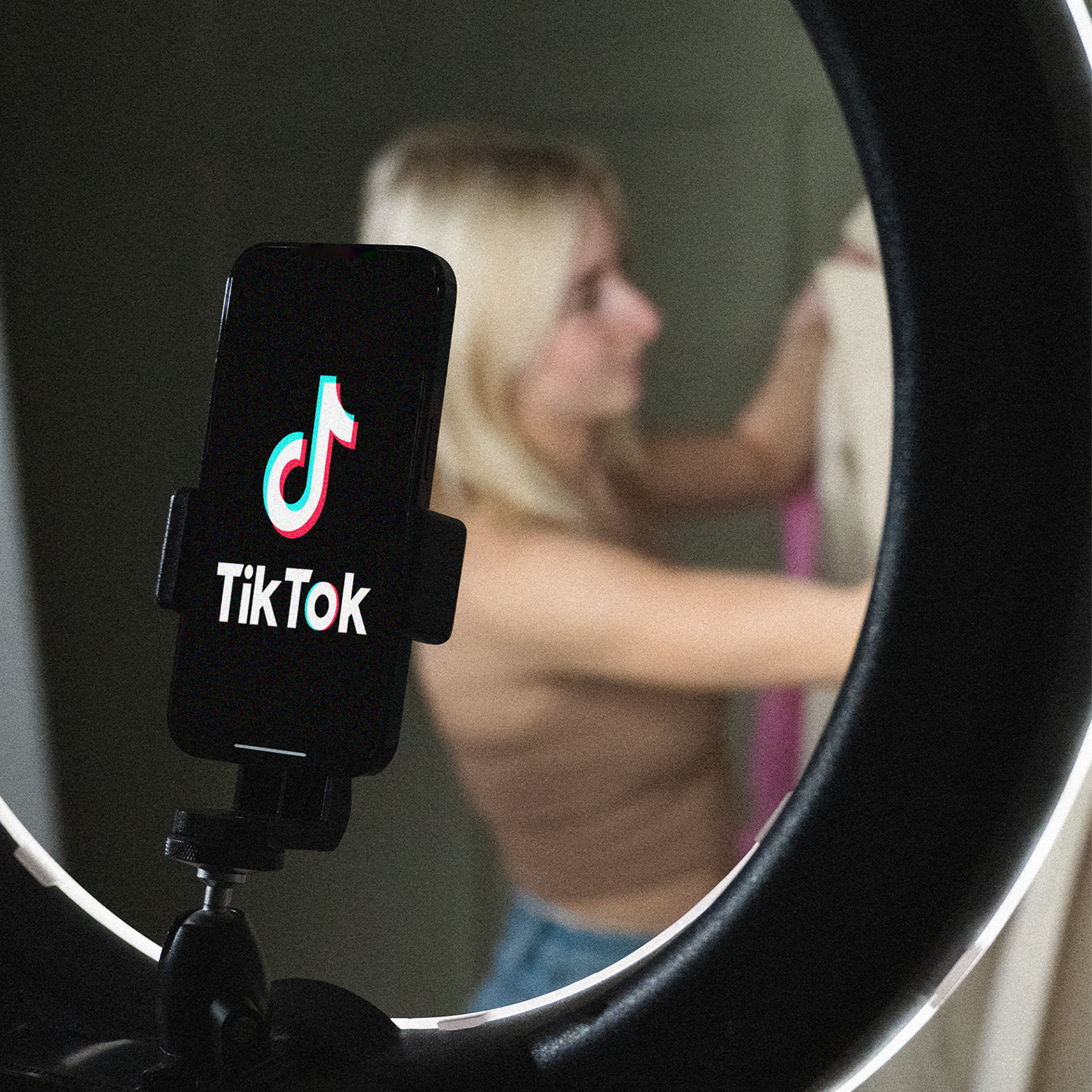A digital performance audit reviews a brand’s digital marketing channels and critical activities. Engaging in a 360 approach can help identify opportunities for increased ROI and improve brand representation online. Ideally, digital audits should be as detailed and in-depth as possible to provide the best results from which to make optimisations.
It is common for agencies to offer a standardised audit to clients, often based on the agency’s business goals or their own best practices. However, Ed Lewis, Head of ECommerce at Superb, reminds us that clients can have very different needs; therefore, having a clear understanding of the business’s services, market, and customers is essential.
“Imagine walking into a dark room. Do you spend time looking for a light switch, or do you awkwardly stumble around trying to work out where things are? Both approaches can work, but the team backed by Thomas Edison should hopefully work things out more clearly and have fewer stubbed toes.”
When considering how best to audit a brand’s digital performance, it is essential to take a tailored approach to generate real value. We’ll discuss why digital tailoring performance audits to each client add value that standardised audits might overlook.
Standardised vs tailored approach
Whilst the advantages of looking into a brand’s digital channels in more detail may seem obvious, the fact that many audits are still standardised suggests that these benefits are often overlooked. A significant factor for agencies choosing a one-size-fits-all approach to auditing is often aligned with their own goals, which may focus on reaching specific channel based targets. Whilst this may be seen to boost an agency’s reputations with clients, it often means that the focus is diluted when it comes to client development.
Furthermore, agency set-up can be a factor for choosing a standardised digital performance audit. For some agencies, this is the only way to offer large and smaller businesses audits without overstretching their allotted resources. However, Superb’s approach is based on “not just delivering a set menu” for clients, but tailoring the process to individual needs and goals. An essential part of their set-up that allows them to achieve this is a time-based service, where clients are guaranteed a set number of hours each month for optimisation and rebuilding.
The significant advantage of a more personalised approach to digital performance auditing. This opportunity for innovation is something that the Superb teams are passionate about and the best way to add value to clients and agencies. According to Superb’s Head of Advertising, Sam Wheeler-Phillips, is that it allows for:
“Overarching opportunity for the brand to identify things that it didn’t even know it needed or could try”.
Building best practices for tailored audits
The first stage of a tailored digital performance audit is to build a strong client relationship. Only by establishing the business’s goals, key objectives and how they measure success you can define which areas need more profound investigation work. Furthermore, by understanding a brand’s long-term aspirations, you can begin to build a detailed roadmap for development based on findings from the auditing process. Establishing trust is also essential since the agency will need access to first-party data sources and other client data. Customer perspectives are also vital to understand alongside the metrics captured by analytical reporting tools, and clients can best define who their target audience is.
Collaboration is at the heart of Superb’s ethos, and this is no different when it comes to digital performance auditing. Sam Wheeler-Phillips points out that agency “departments don’t often talk to each other,” which leads to missed opportunities. Understanding how different platforms work in sync with each other, or even against each other, in terms of paid search, SEO and development are vital to identifying performance gaps, and this can only be achieved with inter-departmental solid relationships. For example, Edward Lewis illustrates that “many SEO elements are linked to general website usability”, meaning that client goals may not be directly linked to SEO. So, identifying gaps in all departments are essential in achieving long-term improvements.
For Superb, working closely and in detail with clients should continue once the auditing reports have been delivered. This includes working alongside clients to help explain why certain areas are problematic and offer routes for fixing problems identified. Follow-up reporting to show the results of optimisations and new strategies. Often this may be as simple as identifying a reduction in cost-per-clicks for paid search optimisations or improved ROAS.
However, when it comes to SEO and social content changes, results are often only visible over time as indicators such as increased followers or rankings grow slowly. Therefore any long-term strategies implemented after a digital performance audit should be revisited at several different future points. For the Superb teams, the aim is about “making sure that our client is as strong as it can be”.
Reliable road-maps for development
Creating a detailed roadmap for development tailored to the client is made possible through a tailored approach to digital performance auditing. The significant benefit to clients is that they can gain an unbiased view of campaign activity and channel performance, alongside strategies designed to improve their effectiveness without reference to outside goals, which may divert marketing energies to less valuable outcomes.
However, there are many advantages to agencies for taking this approach. Adding value for the client is made more accessible when you have a reliable roadmap for development. Additionally, client budgets can be spent more effectively, and activity can be focused on more specific customer groups, thus increasing ROAS. By encouraging client involvement and building trust, agencies can increase their adaptability and present clients with more meaningful development opportunities.
Digital performance audits are most effective and add the most value to clients and agencies when tailored to the brand’s specific goals. By building strategies based on client needs, agencies can develop meaningful relationships with brands and increase opportunities for innovation for both sides. Whilst every agency will take a different approach to digital performance audits. We hope that this insight into Superb has given you the confidence to consider putting your brand to the test. The opportunity to create new strategies and continue to stride forwards is essential to all businesses in these challenging times, and Superb is here to help.
Contact us for a chat, a cup of coffee and a free digital performance audit today.
https://wearesuperb.com/ecommerce-digital-marketing/
—————————————————————————————————
Written and researched by Paige Elford, Digital Marketing Graduate








